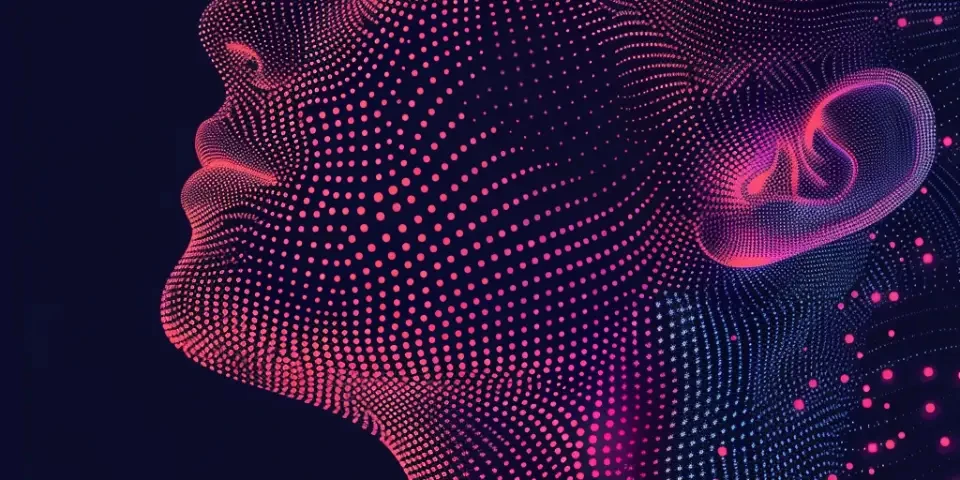From Lyrics to Melodies Exploring the AI Songwriting Process
Artificial Intelligence (AI) has revolutionized various industries, and the music industry is no exception. The use of AI in songwriting has gained significant popularity in recent years, allowing musicians and producers to explore new creative possibilities. From generating melodies to enhancing lyrics, AI techniques have drastically transformed the songwriting process. In this article, we delve into the AI songwriting process, examining its various aspects.
1. Lyrics Analysis
AI songwriting begins with the analysis of existing lyrics. Advanced natural language processing algorithms interpret the emotions, themes, and patterns within the lyrics. This analysis provides valuable insights for creating melodies that align with the intended message of the song.

2. Melody Generation
AI tools such as Jukedeck and Amper Music have made melody generation more accessible. These platforms use machine learning algorithms to generate melodies based on the mood, genre, and lyrics provided. Musicians can experiment with different melodies without extensive manual composition.
3. Accompaniment and Chord Progressions
AI songwriting tools like OpenAI's MuseNet and Sony's Flow Machines assist in creating harmonies, basslines, and chord progressions. These tools analyze existing music data to suggest complementary chord progressions and accompaniments. They provide a starting point for musicians to build upon, enabling quicker composition and experimentation.
4. Genre Exploration
AI enables musicians to explore diverse genres by generating melodies and harmonies specific to various musical styles. Musicians can input the desired genre into AI platforms like Google's Magenta, which utilizes machine learning to generate melodies in the chosen style. This allows for unprecedented creative exploration.
5. Collaborative Songwriting
AI has the potential to revolutionize the collaborative songwriting process. Platforms like Hookpad and BandLab facilitate remote collaboration, where artists can work together to create music. These tools provide real-time editing, feedback, and synchronization, increasing efficiency and eliminating geographical barriers.
6. Refining and Enhancing Song Structure
AI algorithms can analyze existing songs and suggest improvements in terms of structure and arrangement. By studying patterns in successful compositions, AI can help refine song structure, ensuring a more engaging and dynamic musical experience for listeners.
7. Generating Instrumental Sections
AI songwriting techniques can generate instrumental sections such as intros, solos, and outros. By analyzing the style and mood of the song, AI can suggest appropriate instrumental sections that seamlessly blend with the overall composition. This removes the need for additional manual composition.
8. Vocal Melody Enhancement
AI tools like Melodrive focus on enhancing vocal melodies. By analyzing the emotions conveyed in the lyrics and the desired atmosphere of the song, AI algorithms can generate compelling vocal melodies that perfectly complement the lyrics.
9. Real-Time Composition Assistance
AI-powered plugins like AssistantComposer assist musicians during the composing process in real-time. By automatically generating harmonies, suggesting chord progressions, and refining melodies, these tools act as virtual assistants, offering creative guidance and refining musical ideas.
10. Ethical Considerations
The use of AI in songwriting raises ethical concerns such as copyright infringement and creative authenticity. AI-generated compositions might unintentionally mimic existing songs, potentially leading to legal issues. Musicians and AI developers must address these concerns and incorporate originality safeguards in the songwriting process.
FAQs:
Q: Can AI replace human songwriters?
A: AI can generate melodies, harmonies, and even lyrics, but the essence of a song often lies in the artist's unique expression and creativity. AI is a powerful tool that can augment and inspire human songwriters, but it cannot fully replace their artistic vision.
Q: Are AI-generated songs indistinguishable from human compositions?
A: While AI-generated songs can sound remarkably authentic, experienced listeners can often discern the subtle differences between human and AI compositions. Human emotions and depth of expression are currently challenging to replicate accurately through AI algorithms.
Q: How can AI benefit aspiring songwriters?
A: AI tools provide aspiring songwriters with a platform to rapidly experiment with various musical elements. These tools can offer guidance, generate new ideas, and enhance compositions, accelerating the creative process and inspiring novice songwriters.
